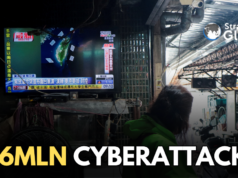NEW DELHI: Traditionally India’s soft power has been defined around yoga, cuisine, Bollywood and more recently contemporary Indian art. Little over the last decade, with the launch of Aadhaar, India has begun to acquire international attention for its prowess in creating public digital infrastructure to deliver public good. It has successfully created digital building blocks using Aadhaar as the foundation to create a public digital rail—on which anyone, government or private sector, can build applications. These protocols have been used to create the Unified Payments Interface (UPI), which has powered the FinTech revolution in India and democratised payments; from a mere thousand transactions in 2016, the average per month is 6 billion. Similarly, CoWin was used to deliver 2 billion jabs using the principle One Nation, One Jab. Not only did it permit an orderly roll-out of India’s jab project it ensured that no one, particularly migrants, were excluded. All these projects allow for scale by lowering the entry cost and barriers. Now other countries are looking to adopt the same strategy to deliver public good without depending on proprietary software systems. As a result India’s soft power arsenal has grown to include the country’s digital economy. This episode will explore this phenomenon in conversation with Sanjay Anandaram, Co-founder Network of Indian Cultural Enterprises (NICE) and a tech evangelist.




